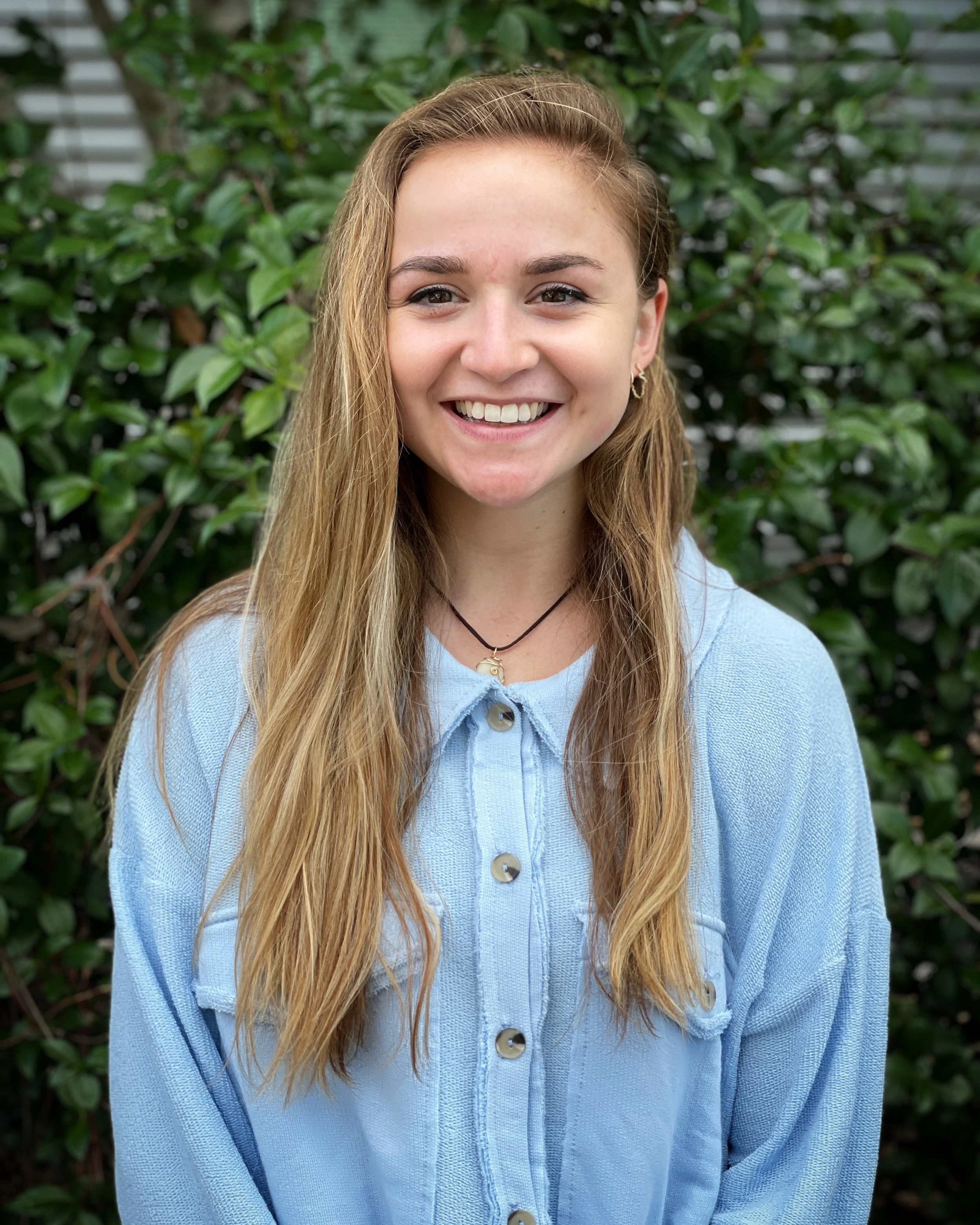6 Tips To Optimize Sleep
Whether you have trouble falling asleep, staying asleep or having enough time to sleep, most of us struggle with sleep hygiene. Sleep allows our bodies and minds to reset, something crucial for happiness, healthiness, and healing. Aside from the obvious “get 8 hours of sleep” and “try to sleep when the sun is down”, here are some research-based ways to improve sleep habits and get that quality rest we all need and deserve!
Tip 1: On top of getting bright light (preferably direct sunlight) first thing in the morning, get bright light in the early afternoon.
Why? Early evening exposure to bright light can mitigate sleep disturbances or reduce alertness caused by late evening light exposure (technology, watching TV, etc.). Basically the more light you get during the day, especially bright light, the less sensitive your body will be to late night light exposure.
Late night light exposure from electronic screens or indoor lighting can cause melatonin suppression and increased body temperature making it harder to fall asleep. This study suggests that these effects can be downplayed or offset by greater exposure to bright light in the morning and early evening.
Conclusion: Sunlight in the morning is great for mood optimization and beginning your wake-sleep cycle, but sunlight in the afternoon also helps reduce sensitivity to evening light exposure so falling asleep is not inhibited
Tip 2: If possible, eat earlier in the evening and around the same time each day.
Meal times actually impact our circadian rhythm: delayed meal time can delay molecular circadian rhythms, and offset glucose homeostasis. This study tested 5-hour delayed mealtime in the evening on sleep quality. While 5 hours is quite late, the significant results illustrate how eating too close to bedtime impacts glucose levels and influences our body clock. Consistent meal times helps support a healthy body clock, which includes healthy sleep.
Conclusion: Eating at similar times and earlier in the evening can be a good way to improve sleep quality.
Tip 3: The best time to go to sleep is between 9-11pm because 10-12 pm is the optimal window for deep sleep, and then REM cycle follows.
Tip 4: Avoid the caffeine crash and subsequent affected energy levels by holding off on caffeine intake until about 90 minutes after waking.
The science suggests if you wait 90 minutes after waking before having any caffeine, you will avoid the 2pm caffeine crash and have elevated mood and energy levels throughout the day, potentially reducing the need for that afternoon pick-me-up. This delay allows the adrenal system to kick in, your natural energy system, before supplementing externally sourced energy.
If so inclined, replace that morning coffee with some electrolytes, salt water with honey, coconut water, or even a gatorade.
Tip 5: Do some restorative yoga before bed, or specifically Viparita Karani.
A very effective way to get your body prepared for bed is to lie on the floor and put your legs up in the air, soles to the sky, against the wall. Your lower back should be pressed into the floor. This inversion improves blood circulation, and helps relax the whole body. It’s magical how calming this is to the body.
Do this for 5 minutes before bed and you’ll fall right to sleep, trust me.
Tip 6: Read before bed rather than watch stimulating TV shows or movies.
Cozy up, settle in and flip through an old school paperback! Book Recommendation on Sleep Hygiene: Why We Sleep by Dr. Matthew Walker
While doing all of the above may not be practical for everyone, incorporating a little more daytime light or taking those five minutes before bedtime to slow down and stretch can make all the difference. I personally know that waiting 90 minutes before coffee in the morning is not feasible for me, but choosing a book at night over Netflix is doable. Give yourself grace and choose whatever works for you!
To learn more about how pelvic floor physical therapy can help you live a healthier life, contact us here!
Bailey Pellissier (she/her) is a recent Wake Forest graduate with degrees in Health and Exercise science and Psychology. Passionate about helping people heal and understand their bodies better, Bailey has worked as a personal trainer for 3 years and received her 200Hr Yoga Teacher Training in the summer of 2022. As an athlete and a dancer growing up, Bailey has learned to use mindful movement and breath work as tools to strengthen the mind-body connection and increase wellbeing in all aspects of life, and hopes to help others learn this as well.


